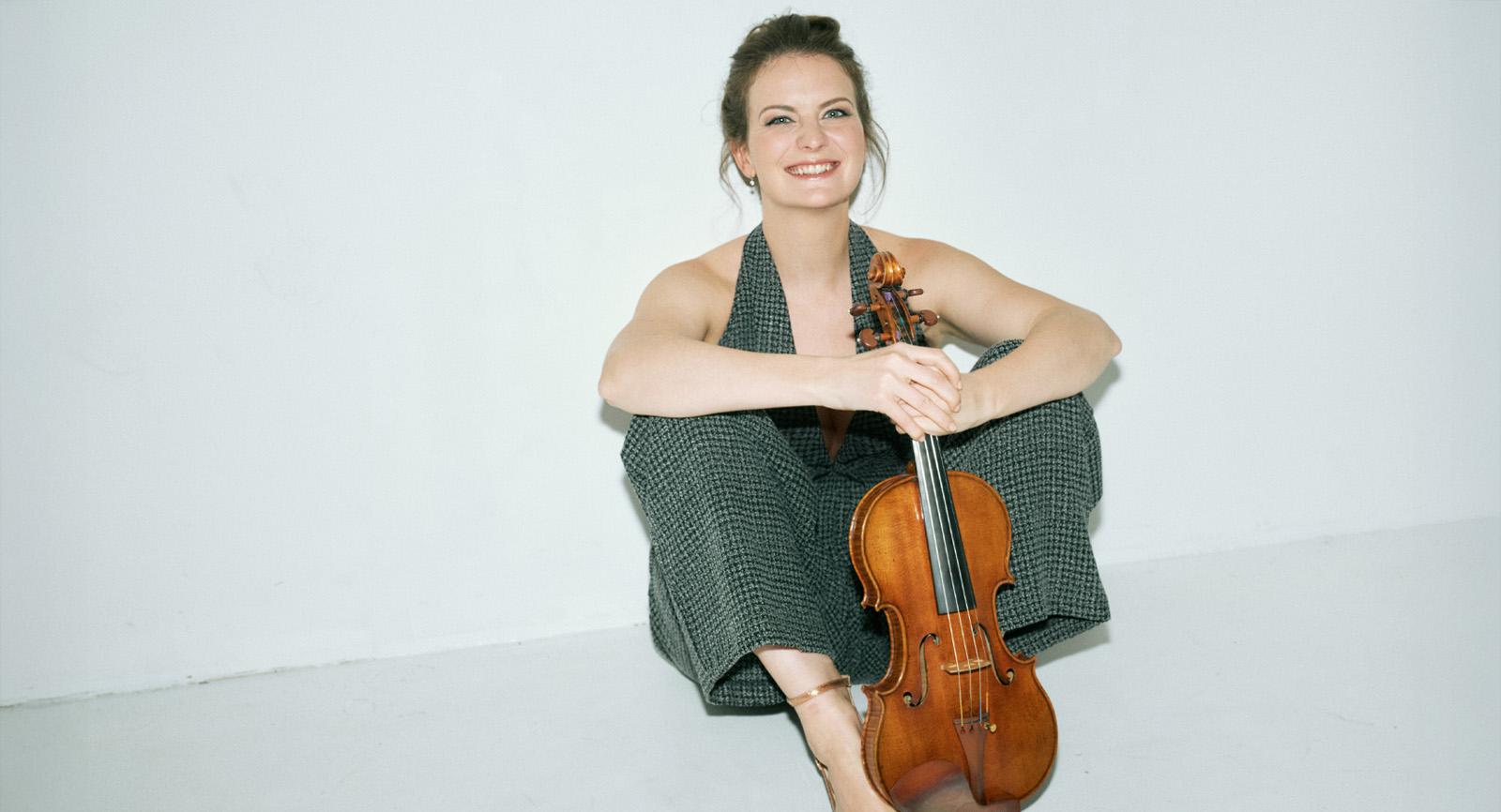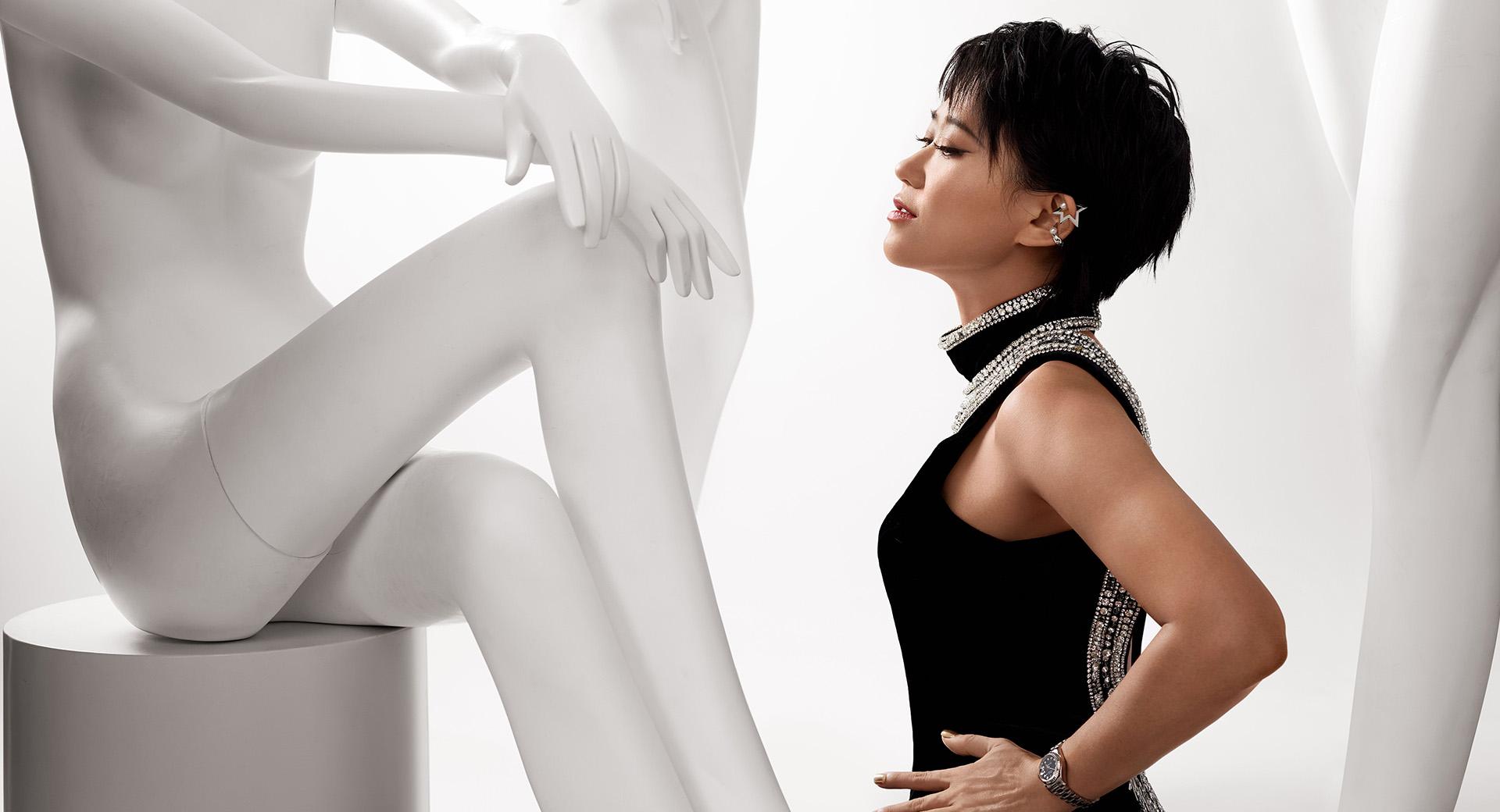Fanny & Felix Mendelssohn
This production is part of one or more concert series.
When brother and sister Fanny and Felix Mendelssohn grew up, they were given their first musical schooling in the form of piano lessons by their mother, Lea. Fanny displayed exceptional talent from an early age and at thirteen, she could already play all 24 preludes from Bach’s Das wohltemperierte Klavier by heart, with great skill and confidence. As children, both siblings took classes under Marie Bigot in Paris and as teenagers, they studied under Ludwig Berger in Berlin.
Carl Friedrich Zelter, who later was to become their teacher in music theory and composition, confirmed in 1816 in a letter to the German national bard, Goethe, Fanny’s distinctive talent: “Abraham’s oldest daughter is really extraordinary,” Zelter wrote. Abraham was the head of the Mendelssohn family and in that capacity, he had the final say concerning his children’s education.
Despite Fanny’s great musical ability, which had made her renowned in Berlin’s artistic community, Abraham considered it inappropriate that his oldest daughter should make a living as a musician. In 1819, Fanny and then ten-year-old Felix, began studying under Carl Friedrich Zelter. The following year, when Fanny was 15 years old, her father Abraham wrote to her that “music may well become Felix’s profession one day, but for you, music can only be an adornment”.
Felix developed under Zelter’s tutelage and, like Fanny, he started composing at an early age. He wrote his Symphony No. 1 when he was only fifteen and it was premièred at Fanny’s birthday party on November 14 the same year. Three years later, it was performed in public for the first time, in Leipzig. Fanny and Felix still collaborated closely throughout their lives. Fanny contributed valuable comments and advice about Felix’s compositions and he, in turn, encouraged Fanny’s continued musical efforts.
Fanny’s String Quartet is close to the heart of the Swedish Radio Symphony Orchestra’s leader, Malin Broman. With great enthusiasm, Malin describes it as “an amazing piece” and she has performed it numerous times. She is also in the process of recording the quartet. Moreover, Carl Friedrich Zelter, in a later letter to Goethe, gave Fanny what is probably the highest possible praise for a woman at that time: “She plays music like a man.”
Finnish national composer, Jean Sibelius, is rightly famous for having contributed to his country’s national revival through his music, with grandiose works such as Finlandia, The Karelia Suite and Tapiola. The six Humoresques for Violin and Orchestra that Sibelius wrote between 1916 and 1917 are all more casual in nature, as implied by the title. Nonetheless, they are very skilfully put together and full of details and nuance in the virtuoso solo parts as well as in the orchestration. The soloist is provided with playful and lilting lines to follow and contour, which feels entirely right for such a skilled and expressive musician as Malin Broman.
Text: David Saulesco



